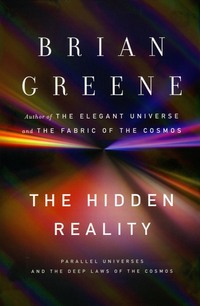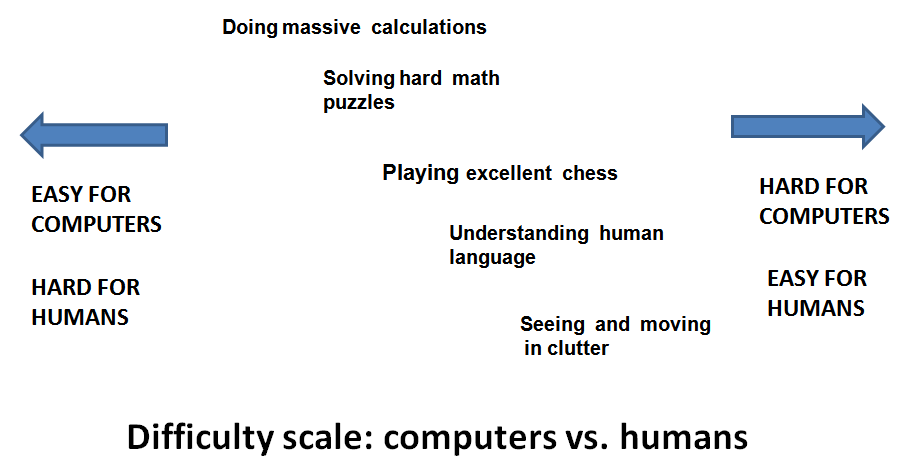
There was a time when the idea of dark matter pervading the universe was considered by most cosmologists as a radical theory not to be taken very seriously. However, over time ever more evidence from observations of galaxies, and galaxy clusters and the afterglow of the big bang pointed to the existence of dark matter.
Despite the adoption of dark matter as the best current explanation for observations, some researchers prefer an idea known as Modified Newtonian Dynamics (MOND) which is basically a theory that gravity works a little differently than currently understood on larger scales.
In this paper, Stacy McGaugh, an astronomer at the University of Maryland, College Park, reports that MOND can explain an observed correlation between the mass and the rotation speed of galaxies. McGaugh gathered data from various sources on 47 galaxies that contain more hydrogen gas than stars. The mass of the gas can then be estimated directly. McGaugh made a plot of visible mass versus rotation speed for the galaxies. He then plotted the prediction that comes straight out of MOND in a few lines of algebra. The MOND line went right through the data. "You draw the line and the data fall right on it," McGaugh says. "No muss, no fuss." He reports the result in a paper in press at Physical Review Letters.
Does this mean gravity may work differently on large scales, and that observations of large scale structures in the universe may be explained without invoking dark matter? Most astronomers would still say the evidence for dark matter is too strong for the theory to be discarded, but some believe the jury is still out on the dark matter verdict.
More Evidence Against Dark Matter?













